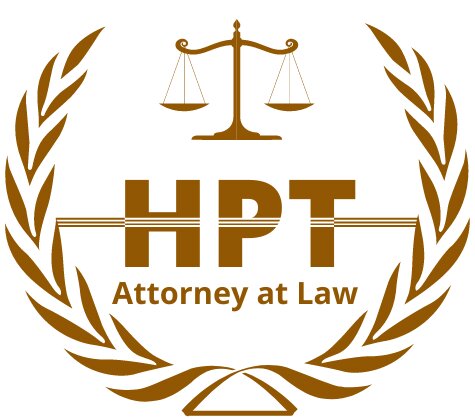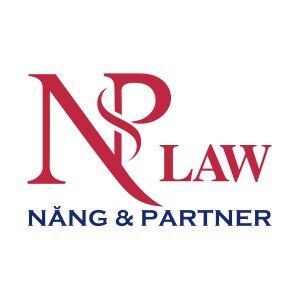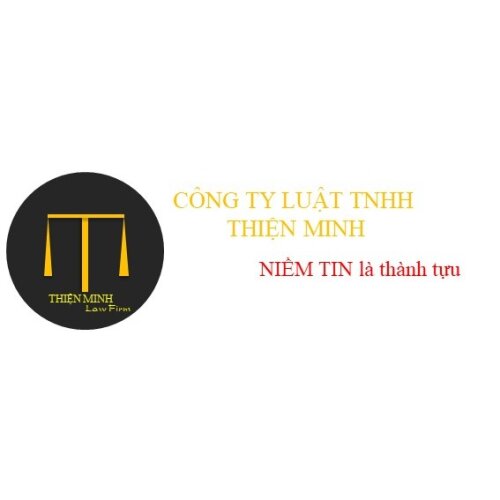Best Commercial Real Estate Lawyers in Vietnam
Share your needs with us, get contacted by law firms.
Free. Takes 2 min.
Free Guide to Hiring a Real Estate Lawyer
Or refine your search by selecting a city:
List of the best lawyers in Vietnam
About Commercial Real Estate Law in Vietnam
Commercial real estate law in Vietnam governs the ownership, use, leasing, and sale of commercial property. The country has experienced rapid economic growth, significantly influencing the commercial real estate market, making it a dynamic and evolving field. The legal framework surrounding commercial real estate transactions is complex, involving a range of laws and regulations controlling land use, development, investments, and property rights. It's a critical sector for both domestic and foreign investors aiming to tap into the expanding Vietnamese market.
Why You May Need a Lawyer
A lawyer specializing in commercial real estate in Vietnam can be crucial in several situations, including:
- Navigating complex property transactions and ensuring compliance with all relevant laws and regulations.
- Resolving disputes between landlords and tenants or other parties involved.
- Drafting and reviewing contracts and agreements to safeguard your interests.
- Advising on investment opportunities and risks unique to Vietnam's real estate market.
- Assisting with due diligence and property title searches to avoid potential legal issues.
Local Laws Overview
The key aspects of local laws relevant to commercial real estate in Vietnam include:
- Land Law: Regulates land ownership, use, leasing, and allocation. Foreigners, for example, are not allowed to own land but can lease it.
- Construction Law: Oversees the standards and approval processes for building projects.
- Investment Law: Dictates conditions under which foreign entities can invest in real estate, e.g., through partnerships or joint ventures.
- Housing Law: Pertains to the development and sale of residential real estate, affecting mixed-use developments common in commercial areas.
- Real Estate Business Law: Governs the operation of real estate businesses, including brokerage, trading, management services, and real estate exchanges.
Frequently Asked Questions
What is the difference between commercial and residential real estate in Vietnam?
Commercial real estate refers to properties used for business purposes, such as offices, malls, and hotels, while residential real estate is intended for living purposes. Each type is subject to different sets of regulations.
Can foreigners buy commercial real estate in Vietnam?
Foreigners cannot directly own land in Vietnam but can lease land for up to 50 years, extendable by the government. They can own buildings on leased land or invest through Vietnamese entities.
What taxes apply to commercial real estate transactions?
The main taxes include Value Added Tax (VAT), Corporate Income Tax (CIT) related to the income generated from the property, Land Use Fee, and Registration Fee.
How does a lease agreement work in Vietnam?
Lease agreements must be in writing, specifying terms such as duration, rent, use, and must comply with the Land Law and Housing Law. They need to be notarized or certified.
What is the process of acquiring land use rights?
Acquiring land use rights involves conducting due diligence, signing lease contracts, registering at local land offices, and obtaining necessary certifications and permits.
What should I consider when entering a joint venture in real estate?
Ensure clarity in partner roles, capital contribution, profit-sharing, dispute resolution, and comply with Investment Law regulations.
What is the role of the real estate broker in Vietnam?
Brokers facilitate transactions, help in property searches, negotiations, and ensure legal compliance, charging a fee based on transaction value.
Are there any restrictions on construction projects?
Projects must comply with zoning laws, environmental regulations, and obtain construction permits from relevant authorities.
What risks should I be aware of in the Vietnamese real estate market?
Risks include legal and regulatory changes, property market fluctuations, and misunderstanding of local customs and practices.
How can I resolve a real estate dispute in Vietnam?
Disputes can be resolved through negotiation, mediation, or litigation, with local and international arbitration also being viable options.
Additional Resources
For more information on commercial real estate, consider reaching out to the following:
- Ministry of Natural Resources and Environment: Governs land and environmental issues.
- Local Real Estate Associations: Provides networking and industry updates.
- Vietnam Real Estate Brokers Association (VREB): Offers guidance on brokerage standards and practices.
- Commercial real estate law firms: Can provide specific legal advice and services.
Next Steps
If you need legal assistance in commercial real estate, consider the following steps:
- Research and consult with a qualified real estate lawyer or law firm with experience in Vietnam’s laws.
- Prepare all necessary documentation related to the property or transaction.
- Schedule a legal consultation to discuss your specific needs and concerns.
- Work with your lawyer to ensure compliance with all relevant regulations and to protect your interests.
Lawzana helps you find the best lawyers and law firms in Vietnam through a curated and pre-screened list of qualified legal professionals. Our platform offers rankings and detailed profiles of attorneys and law firms, allowing you to compare based on practice areas, including Commercial Real Estate, experience, and client feedback.
Each profile includes a description of the firm's areas of practice, client reviews, team members and partners, year of establishment, spoken languages, office locations, contact information, social media presence, and any published articles or resources. Most firms on our platform speak English and are experienced in both local and international legal matters.
Get a quote from top-rated law firms in Vietnam — quickly, securely, and without unnecessary hassle.
Disclaimer:
The information provided on this page is for general informational purposes only and does not constitute legal advice. While we strive to ensure the accuracy and relevance of the content, legal information may change over time, and interpretations of the law can vary. You should always consult with a qualified legal professional for advice specific to your situation.
We disclaim all liability for actions taken or not taken based on the content of this page. If you believe any information is incorrect or outdated, please contact us, and we will review and update it where appropriate.
Browse commercial real estate law firms by city in Vietnam
Refine your search by selecting a city.
















